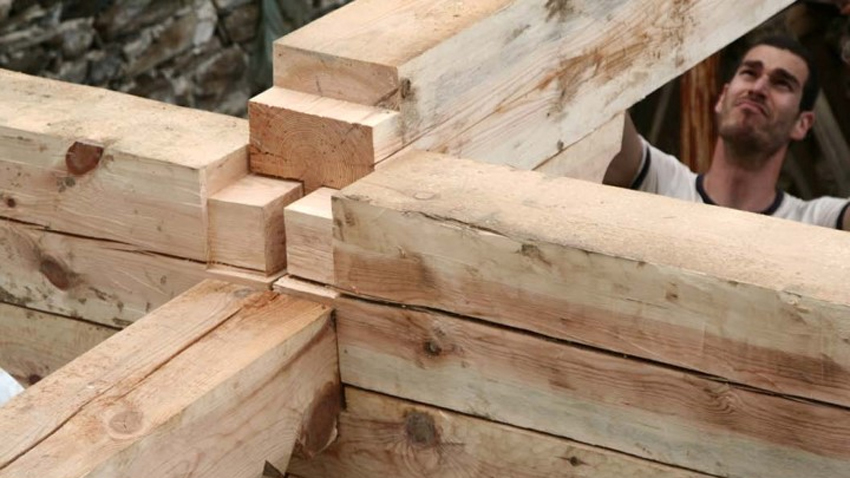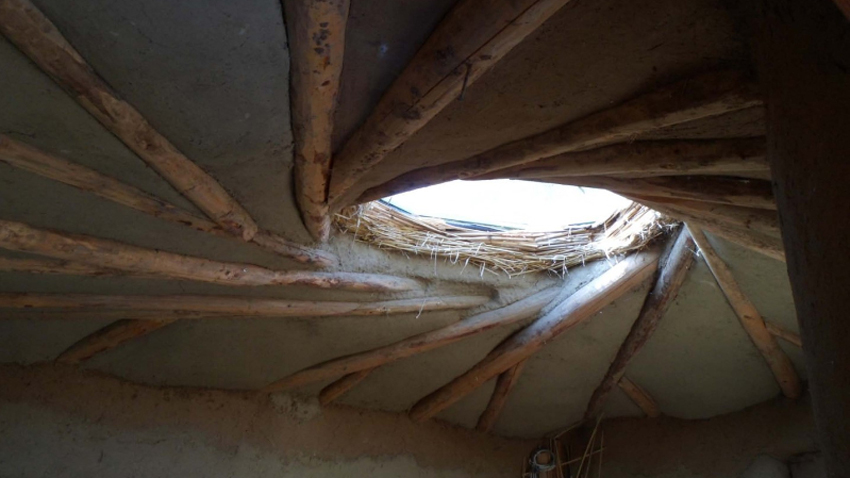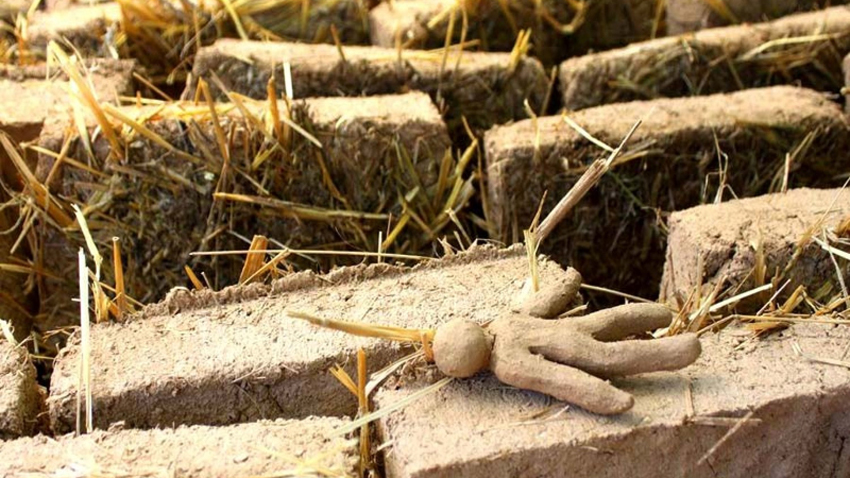In the new millennium the advanced countries have seen an increasing incidence of asthma, allergies, cancer and sterility. This has revived an old concept for creating healthy and bioclimatic houses. As a result, organic houses have been gaining popularity of late especially among younger generations. These are built of natural materials. We learn more about this idea from architect Nikolay Marinov, co-founder of the Association of Natural Materials Construction.

„Everything started at the time I was at university when I became aware that 40% of the carbon and energy footprint of mankind is due to construction activities and other activities associated with it. When I graduated from university I started to get training in energy efficiency following the principles of solar architecture while developing low-energy solutions for public buildings. Being a member of an NGO I had the chance to carry out research in the Eastern Rhodope Mountains. It was then that I discovered the potential of traditional construction and natural building materials.”
Twenty organic houses are already a fact in Bulgaria, most of them in the south and built using straw. Straw building relies on two basic methods. Under the Nebraska method the building has no specific structure to hold it, and the weight of the roof is held by the wall of straw bales. Under the girder method the weight is carried by a wooden or another kind of structure whereas straw bales are used as filling insulation material. Materials used for sustainable construction include clay, straw, wood and sand. Worldwide there are houses built from straw bales and are aged 100 years but have shown great resistance to earthquakes. Unfortunately, says architect Marinov, there are still sceptics in Bulgaria who associate such houses with poverty. We asked him to tell us more about the properties of clay because judging from millennial remains of adobe dwellings from the times of Ramesses II an adobe home is practically eternal.

„Clay is a splendid material with proven quality over 8000 years. Tests made in Germany suggest that adobe homes maintain air humidity at 50% and it is ideal for the human system especially for the respiratory system and for the protection from dust particles. Inhabitants of adobe homes suffer less from allergies, weakened immunity and flu. This method of regulating humidity allows us to skip complex air conditioning facilities and so it has already been used in a few museums for the maintenance of air humidity. It is also used in hospitals specializing in the treatment of respiratory disorders.”

In the recent years more people in Bulgaria have grasped the need of healthy bioclimatic buildings creating comfort and a natural environment for their inhabitants.
“Many people turn to the Association for help, and we work together with them to create a wonderful living environment. Yes, I believe there is still a chance to save the planet. Many people believe in that and we are already doing things in this direction,” concludes architect Nikolay Marinov, co-founder of the Association of Natural Materials Construction.”
English Daniela Konstantinova
A case of a dog run over by a doctor in a district of Sofia has caused a wave of public indignation and a protest in Sofia, which will take place today in front of the Military Medical Academy - the medical institution where the medic..
Forty Bulgarian schools in 22 US states have become a second home for the children of Bulgarian emigrants. They create continuity between generations and teach about Bulgarian history, traditions, and culture. They also create..
“The end is near – let’s go out with style!” This is the motto of the 2026 Gabrovo Carnival, marking the start of the so-called fifth season of the year – the carnival season. The 11th day of the 11th month ushers in the carnival season..
A case of a dog run over by a doctor in a district of Sofia has caused a wave of public indignation and a protest in Sofia, which will..
A Bulgarian-designed electric vessel has gained international recognition , reaching the final round of the prestigious Gussies Electric Boat Awards 2025 ...
Albania and Bulgaria have joined forces in the name of one more child being born. In the late afternoon of November 7, the first-ever free reproductive..

+359 2 9336 661
